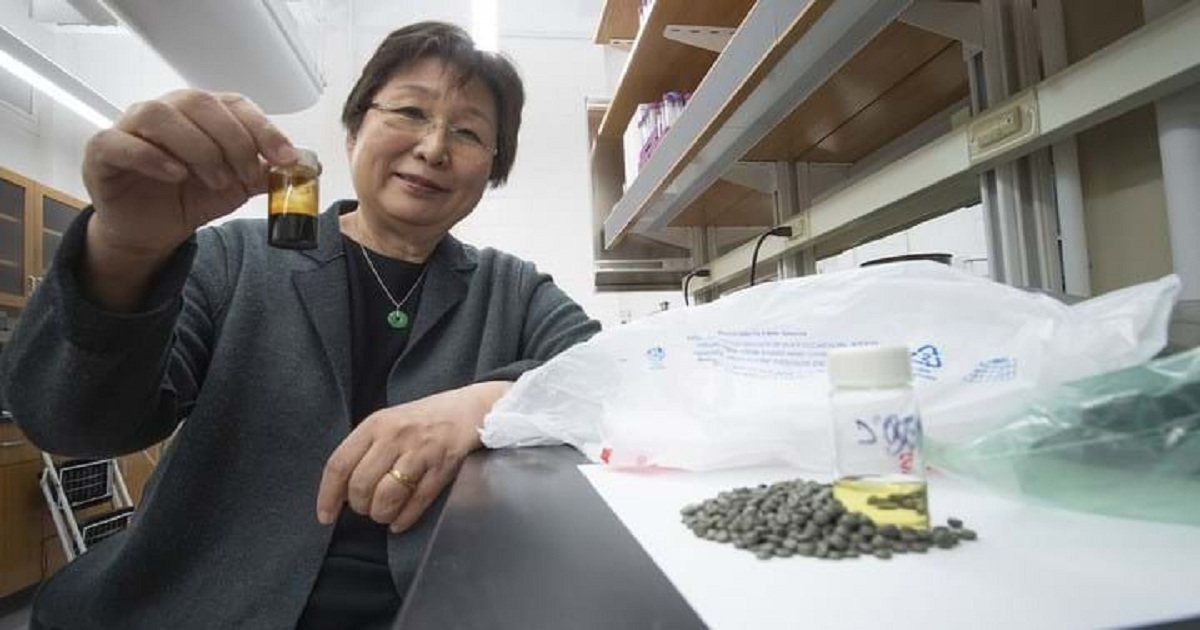A new process for converting plastic waste to fuel
The Chemical Engineer | February 28, 2019

A NEW process has been developed that uses supercritical water to transform polypropylene plastic waste into fuel and other products. Polypropylene (PP) waste accounts for around 23% of total plastic waste. Landfilling is the cheapest option for dealing with plastic waste. The recycling rate of plastic is low, as not all plastic waste is collected and it is also difficult to economically recycle mixed materials. Mechanical recycling requires energy-intensive washing and drying processes and degrades the quality of polymers so that they can only be used in lower value products. Incineration reduces plastic waste but is more expensive than landfilling and can release environmental pollutants. Pyrolysis can also reduce plastic waste by converting it to oil, but high temperatures of 450–800oC are needed. It also has low oil yields unless catalysts are used and needs to be upgraded before being used a fuel.